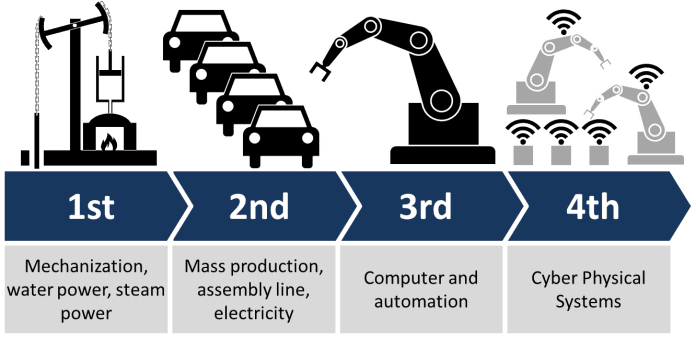Leveraging Industry 4.0 for a zero failure strategy
Bosch Rexroth manufactures products and systems associated with the control and motion of industrial and mobile equipment. The company’s facility at Homburg, in the Saarland region of Germany, manufactures hydraulic valves for mobile machinery, such as tractors and fork lift trucks.
The market for hydraulic valves is very demanding in terms of quality so the need to match this with a highly complex production line is vital, the company said.
The firm decided to implement Industry 4.0 technologies in order to improve its production facility at Homburg.
With one specific manual production line struggling to keep up with Bosch Rexroth’s commitment to quality, and the demands of its customer base, the company set out to adopt a zero failure strategy. The company said that the core of the problem was that the line was manufacturing six main valve product types with 250 variants and 2,000 individual parts. Additionally, the line had to be highly flexible, working with small batch sizes requiring assembly experts for each product family. The company decided to use Industry 4.0 philosophies – connectivity, open standards and virtual representation of information – while keeping people at the heart of the process.
To achieve this, the valve production line at Homburg was re-engineered into nine autonomous workstations with RFID chips collecting and collating data used to frame the decision-making process. These workstations can quickly switch between product lines when required, Bosch Rexroth said.
Using a technology called ActiveAssist, work steps for each product type are displayed to employees at each workstation and are tailored to individual needs. The firm highlighted that this technology facilitates quick and easy learning, aids flexibility, and also eliminates errors. The company also implemented an own innovation dubbed ActiveCockpit, an interactive manufacturing system that provides a digital connection between operator, product, workstation and process. It collects, filters and visualizes manufacturing data continuously, giving employees and management real-time data to facilitate decision-making.
Since implementing Industry 4.0, the company was able to reduce logistical and set-up time as well as inventory days and cycle times.
“Our experiences in Homburg demonstrate that productivity savings from Industry 4.0 can be achievable now and are fully scalable. We’ve already seen a 30% stock reduction, eliminated set-up time, and achieved a 10% output increase, resulting in an annual saving of 500,000 euros,” Matthias Möller, director of the technology and process planning department at Bosch Rexroth’s Homburg plant, said.
“We are implementing 4.0 solutions to the next steps in our value stream. We are certain there are huge potential benefits from connecting the worker, machine and material in industrial production in this way,” he added.

